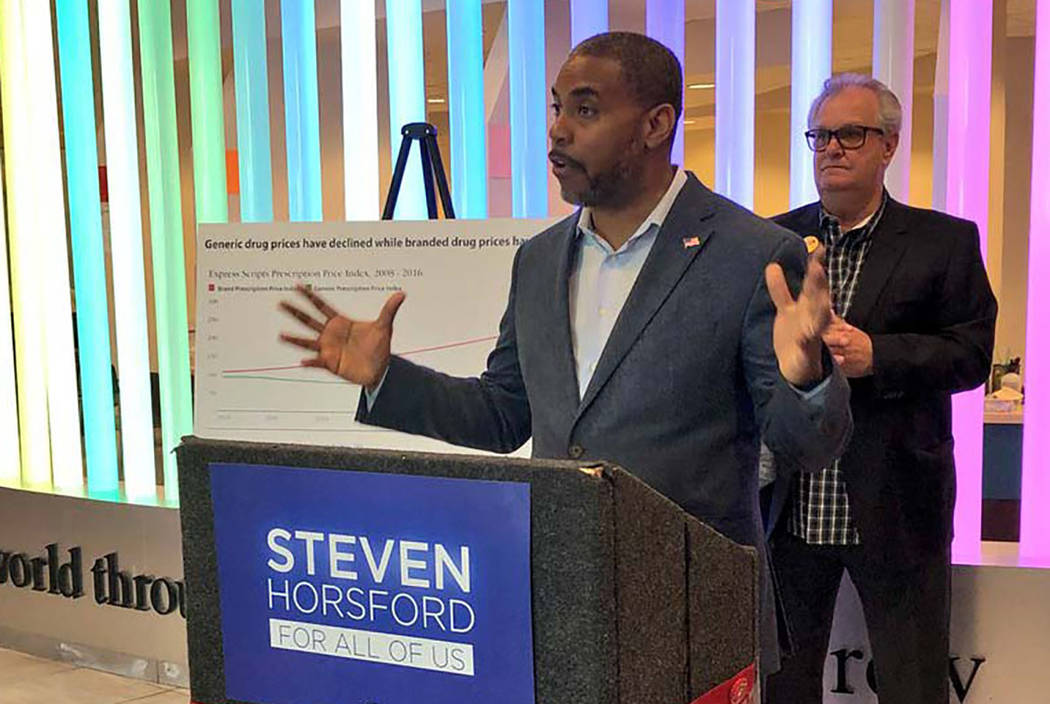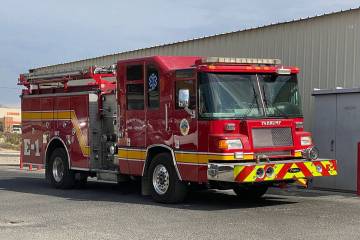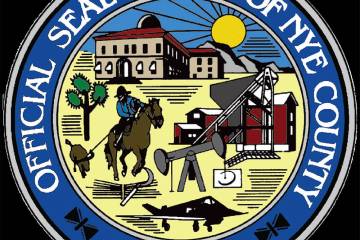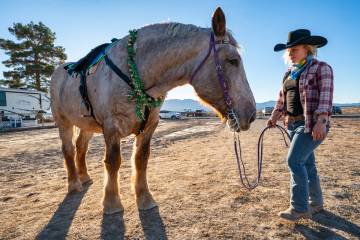Nevada lawmaker introduces bill to expand unemployment benefits
Rep. Steven Horsford, D-Nev., has introduced legislation aimed at providing additional funding for Nevada and other states should unemployment rise because of the COVID-19 outbreak.
In a statement released Thursday morning, Horsford said his bill, H.R. 6199, would immediately provide Nevada with $5 million to help offset a probable increase in unemployment applications, with another $5 million available should the state suffer significant job losses.
It also would fully fund the cost of extended unemployment benefits, half of which are normally paid for by the claimant’s state.
Horsford said in an interview that his time spent running the Culinary Union Local 226’s training center during the aftermath of the Sept. 11 terrorist attacks, which greatly impacted travel and tourism in Las Vegas, informed this legislation.
“As someone who knows the impact to human beings, many who never apply for this type of assistance because they’re busy taking care of their families, I knew sadly that because of the spread (of COVID-19), there would be an impact to our tourism-based economy and workforce,” Horsford said.
“It’s responsible for us to prepare for the worst and hope for the best,” he added. “We need to be prepared. People need food to buy for their kids and gas to put in their cars.”
The legislation is part of a larger spending package unveiled by House Democrats on Wednesday. It calls for additional support against the COVID-19 pandemic through increased paid leave options, free testing for the virus, increased support for health care workers and expanded food assistance for vulnerable children and families.
Horsford noted the larger bill would also fund school lunches for children who qualify for free meals, whether the school remains open or not. In Nevada, about half of students currently qualify for free or reduced lunch. Nearly 70 percent of Clark County School District students also meet the criteria.
This larger package was expected to be taken up by the House on Thursday.
It’s unclear whether the spending bill will be taken up by the Republican-controlled Senate or approved by President Donald Trump. Early reports indicate it may be a tougher sell than the $8.3 billion coronavirus package approved last week, as it relaxes the standards for many of the social safety nets (Medicare, SNAP) Republicans generally want to limit.
The initial grants in Horsford’s bill would be available to all states and would specifically fund the administrative costs for processing unemployment insurance and notifying laid off or furloughed workers of the available benefits.
Horsford said the administrative funding is important because states usually reduce the number of claims administrators during times of low unemployment, which we are in now.
Additional grants are available to states that are willing to temporarily waive some of the usual requirements for unemployment benefits, such as the claimant actively looking for work. This money also may be used to offset the benefit costs incurred by employers whose businesses are directly impacted by COVID-19.
Finally, the legislation would waive the requirement that states pay half the cost of extended unemployment benefits. In all, the legislation would allocate $1 billion for state relief: $500 million for the initial funding, with another $500 million available by application for states hit hardest by the pathogen.
Horsford said Nevada has already secured a $6.5 million grant from the Center for Disease Control. He currently co-chairs a new congressional task force on the coronavirus-related effects on travel and tourism.
“I know what this means to my city and my state, and I want to do everything I can to make sure we’re providing relief,” Horsford said.
Although only a handful of cases have been reported in Southern Nevada, the Las Vegas area already has begun to feel an economic sting to due heightened fears of the novel coronavirus.
MGM Resorts International opted to close hotel buffets, and many national and international conventions, conferences, sporting events and other gatherings set for the spring and summer have been canceled. Many of the workers who staff such events are either not working regularly or out of a job entirely.
Conventions represent some $6.6 billion in direct economic benefit to the area, according to the Las Vegas Convention and Visitors Authority.
Local public transportation, airline, hotel and restaurant industries have also been impacted. Nevada colleges also may be soon.

















